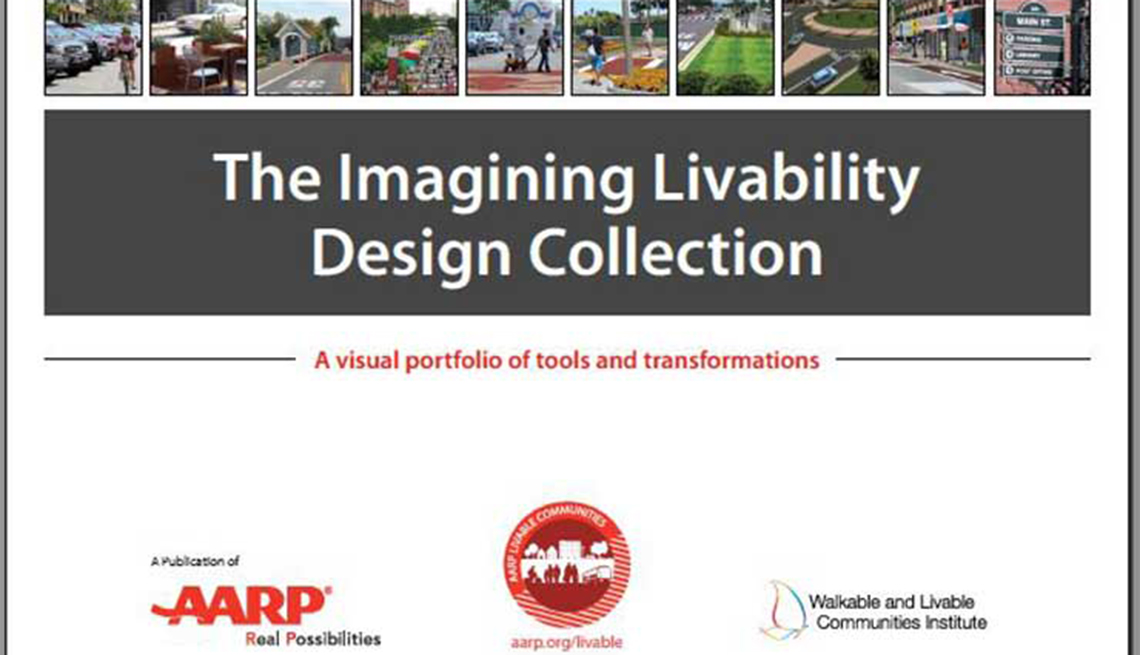
- Select a language for the TTS:
- UK English Female
- UK English Male
- US English Female
- US English Male
- Australian Female
- Australian Male
- Language selected: (auto detect) - EN
Play all audios:
Section 1115 waivers are intended to give states the flexibility to experiment with new ways to administer their Medicaid programs, including innovative coverage strategies. However,
emerging waivers that impose work requirements and other harmful obligations on beneficiaries as conditions of Medicaid participation lead to significant numbers of people losing coverage,
even as states incur greater costs. In this Public Policy Institute research report, Lynda Flowers and Jean Accius offer a detailed assessment of emerging waiver trends, providing insights
into its critical implications. The report also describes how examining the research literature and evaluations of programs that impose similar policies can provide guidance on predicting
the coverage and cost impacts of emerging waivers on Medicaid beneficiaries and states. The Medicaid Program serves as a vital safety net for millions of vulnerable low-income people. This
research report underscores the importance of accounting for the effect of new waiver policies on the people who rely on the program to meet their needs for health care and long-term
services and supports. Without this transparency, states risk inflicting unintended harm on individuals, their families, and possibly family caregivers.









